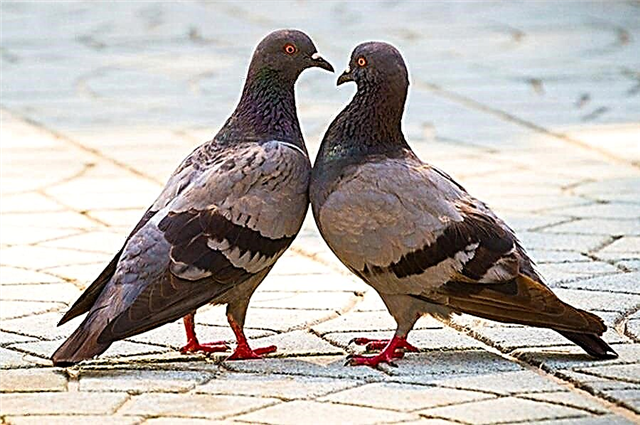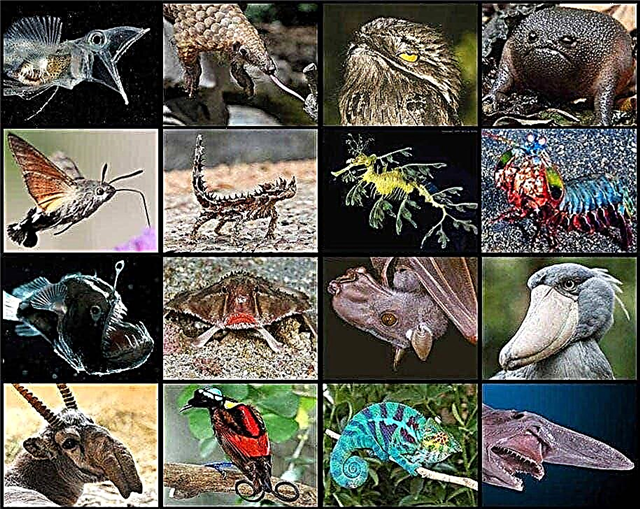
The "cunning" of the human body is that there is simply nothing to be done about some physiological reactions - even with great desire. And any attempt to hide the often inappropriate activity of the body causes discomfort.
So what's the deal? What responsible mission is assigned to these "taunts" of nature?
Why does a person hiccup?
Hiccups, hiccups, go to Fedot, from Fedot to Jacob, from Jacob to everyone! Repeat three times in one breath. Do you know such a "treatment"? I have to admit: hiccups are a rather unpleasant and sometimes painful process. It would seem that it arises for no reason ... In fact, with the help of hiccups, the body gets rid of the extra load.
Why does this load arise? Most often ... from a lack of food culture. Untreated food, swallowed in large pieces, injures the walls of the esophagus, to which the vagus nerve is adjacent. Therefore, snacks, hastily, talk about food, as well as a passion for carbonated drinks contribute to the emergence of hiccups.
The same applies to babies who not only get hiccuped from birth, but can’t do anything with it either (drink little water or hold their breath, much less read the “conspiracy” aloud). And then there are compassionate grandmothers demanding that they put on extra socks and cover the child with a second blanket, because “he hiccups from the cold” ....
What to do with a baby hiccup?
Make sure that the baby does not swallow air during feeding, does not rush or swallow food in pieces. You will be surprised: the child will not only hiccup less frequently, but also noticeably less “freeze”. In no case do not "treat" hiccups with a fright! This "grandfather" method does not help even adults, and even children can do irreparable harm at all.
But frequent and prolonged hiccups are a serious symptom. First of all, it can indicate diseases of the gastrointestinal tract (gastritis, intestinal obstruction), approaching heart attack, herniated disc or even a tumor (esophagus, lungs or neck).
Why is a man yawning?

Yawning is most commonly associated with fatigue and drowsiness. Adults, children, infants, and even pets are yawning sweetly and contagiously. Moreover, the latter do this before bedtime, and during and after. For the study of the mechanisms of yawning occurrence and goals, for which not one group of scientists took, but the results are extremely insignificant. It is generally accepted that yawning helps give a break to the brain and nourish it a bit. How exactly?
Yawning is essentially the same breath, only allowing one to deliver a large portion of oxygen to the brain at a time. Thus, it is not difficult to notice the connection of yawns with responsible events requiring concentration and tension. As soon as the body needs nourishment, the person begins to yawn, delivering more oxygen to the brain cells.
In a state of fatigue and lack of sleep, in stuffy rooms and with a large crowd of people, the brain also begins to require an “increased portion” of oxygen.
Some scholars believe that yawning is also a mechanism for relaxing clamped, tense muscles.For this reason, morning yawning is most often associated with reflex sipping. Did not notice for yourself? Look at your cat.
I would like to say a few words about the "contagiousness" of yawning. Once one of those present starts, they immediately “connect” those around them. However, a series of experiments showed that in a calm environment, strangers rarely react to someone else's yawn, because each organism works in its own rhythm. With people united by emotional affection, this is not the case.
Why does a person sneeze?
The older generation has confidence that sneezing (especially frequent and repeated) is an undeniable sign of a cold. Agree, being treated without knowing if there is a disease is pretty stupid. In addition, as numerous scientific studies have shown, ordinary sneezing (even if you sneeze not two-three, but ten times in a row) is not a symptom of the disease, but a reflex.
Moreover, this is a protective reflex, designed to prevent the entry of pathogens into the body through the nasopharynx. And if you have animals at home, then you probably noticed that they are also subject to sneezing from time to time, while they may not experience any health problems.
You will understand that it is, if you remember what exactly happens when you sneeze. First of all, a slight tickling is felt in the nose - a potential irritant appears (bacteria, fine dust, pollen of plants). It seems like breathing is a little more difficult, but I feel like getting rid of tickling as soon as possible. For this, we deal with a deep breath, and then a sharp exhale.All! Breathing again is easy and pleasant.
It is undesirable to restrain sneezing. Thus, you do not allow pathogenic bacteria, allergens and dust to come out. In addition, an attempt to suppress an already-born sneeze can lead to serious consequences: high pressure inside the pharynx, not finding a way out, redistributes and damages the walls of blood vessels (there will be nose bleeding), tympanic membranes and even organs of vision. Better ventilate the room once again: fresh air is an excellent remedy for sneezing.
In their pure form, reflex sneezing, yawning and hiccups are not signs of the disease and do not require any treatment. But attempts to suppress conditioned reflexes or “cure” them can be extremely dangerous to health!












